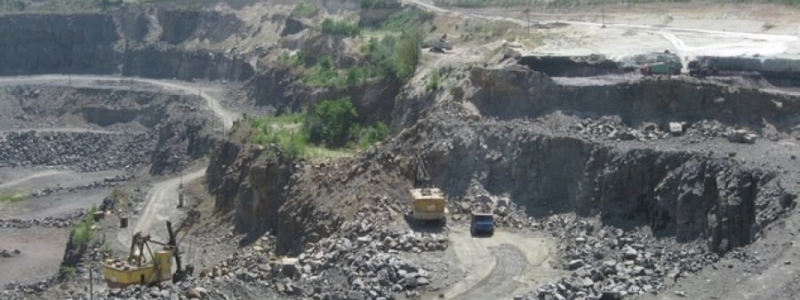
During its spring offensive, Russian forces took control of one of Ukraine’s most promising lithium deposits — the Shevchenkivske site in Donetsk region. Previously under development by an American critical minerals company, the site was seen as a key asset in the growing economic partnership between Kyiv and Washington in the field of strategic resources. Its capture now poses serious risks to future joint projects and has already raised concerns among Western investors.
The Shevchenkivske deposit contains significant reserves of spodumene — a mineral from which lithium is extracted. Lithium is essential for manufacturing batteries used in electric vehicles and energy storage systems. Ukraine had earlier signed a framework agreement with the United States on cooperation in the field of critical raw materials, including the development of domestic lithium, titanium, and rare earth element extraction — crucial for the West’s green energy transition. The agreement envisioned attracting investment into Ukrainian subsoil resources. However, with Shevchenkivske now under Russian control, the feasibility of that cooperation is under threat.
Myroslav Zhernov, the director of the company holding the license for the site, confirmed the loss in a comment to The New York Times. According to him, the battle for the deposit lasted several weeks: “It was very hot. They were bombing with everything they had. And now they’re there.” Zhernov warned that this may not be the end: “If the Russians advance farther, they will control more and more deposits.”
The New York Times reports that signs of activity have already been observed on the occupied territory: an assessment of reserves is underway, and preparations for future extraction may be in progress. In this way, control over lithium could give the Kremlin not only military but also geoeconomic advantages. The article notes that Russia is already leveraging its influence in global raw materials supply chains, particularly in uranium markets.
Although Ukraine still possesses two other major lithium deposits in its western regions, Shevchenkivske was considered the most promising due to its high spodumene concentration — up to 90%. In peacetime, the development of this site could have become not only a source of revenue, but a strategic lever for integrating Ukraine into Western critical materials markets.
Former head of the State Service of Geology and Mineral Resources, Roman Opimakh, explained that such investments are subject to enormous risks during wartime: “Security and control over a deposit is the main prerequisite. The military threat scares away investors, and the loss of such a site effectively nullifies any near-term development plans.”
Observers note that the war is increasingly taking on characteristics of economic conflict. Russia is not only destroying infrastructure but is actively targeting resources that could be useful to itself or potentially strengthen Ukraine. Gaining control over lithium assets allows for pressure on Western corporations and contributes to reshaping global dependencies.
Despite the loss, Zhernov said his company is not giving up on investing in Ukraine and is exploring other options. However, he admitted the situation has fundamentally changed risk assessments: “Before, we saw this project as a driver of economic growth. Now — it’s just another front in the war.”
Earlier, the Experts Club information and analysis center produced a detailed video analysis of the prospects for rare earth element mining in Ukraine.